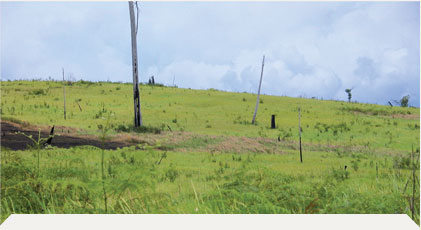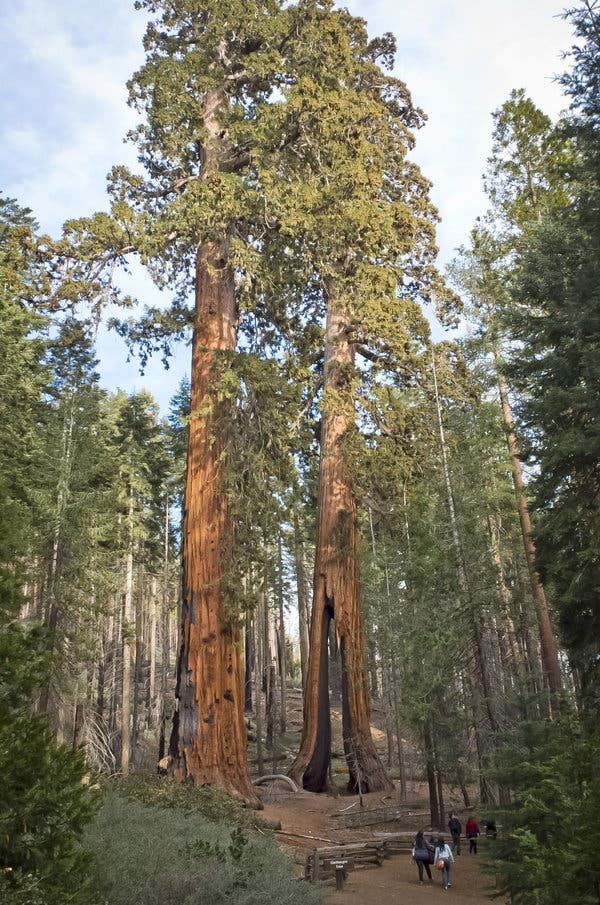Oil palm plantations generate positive benefits. They create jobs, contribute to national GDP, and meet global demand for the highly useful oil. However oil palm development in Indonesia has also been associated with significant negative social and environmental consequences. When oil palm plantations are established by clearing virgin rainforests, valuable ecosystem services such as carbon storage, biodiversity, and water regulation are lost. Therefore, there is a need to find ways to grow oil palm without exacerbating deforestation.
According to some estimates, approximately 15 million hectares (37 million acres) of degraded lands exist in Indonesia, concentrated on the islands of Sumatra and Borneo. Most of these lands were cleared years ago for timber or wood fiber and have neither returned as healthy forest nor been actively managed on a large scale for other uses. If developers were to locate all new oil palm plantations on these degraded lands, then pressure to clear the remaining virgin forests would abate. Why, then, are developers not doing so?

